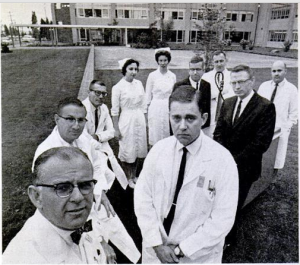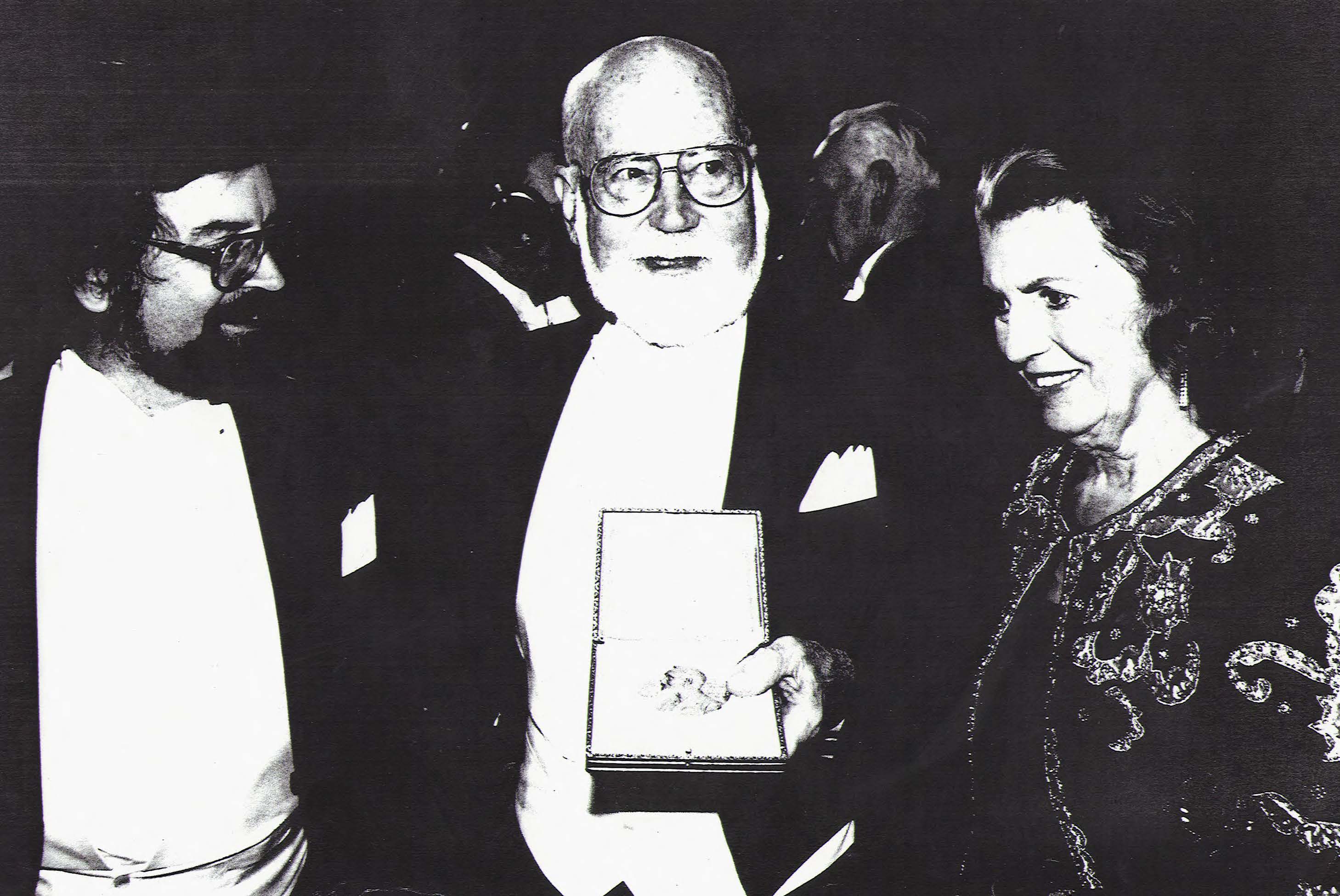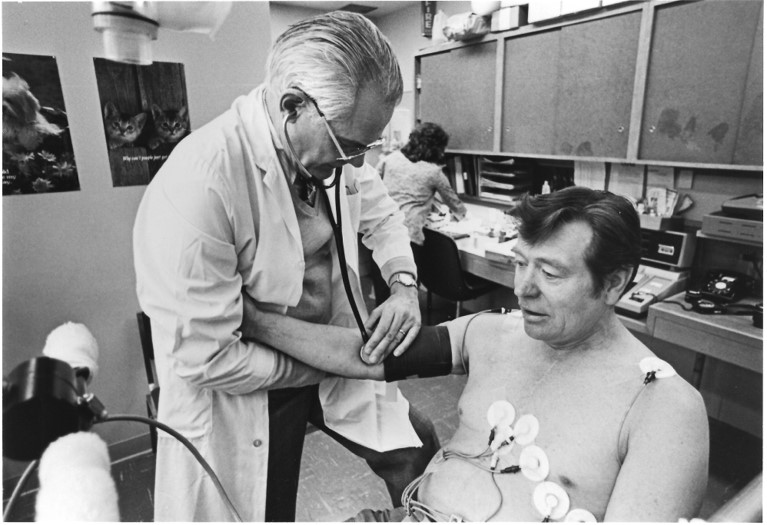We acknowledge that the history of academic medicine does not reflect diversity, and as such our list highlighting those who have helped to shape our department over the last 75 years is lacking diversity. We encourage you to also view our list of emerging leaders and to visit the diversity section of this site to learn more about our efforts and our commitment to nurturing a supportive, collaborative culture where equity, diversity, and inclusion are at the center.
Allergy & Infectious Diseases
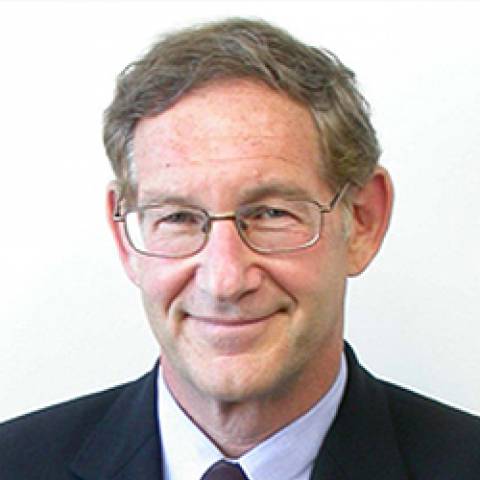
Dr. Lawrence Corey
1977-present
President and Director Emeritus of Fred Hutch Cancer Center, internationally renowned expert in virology, immunology, and vaccine development. Recipient of countless honors and awards, including 2022 Alexander Fleming Award for Lifetime Achievement from the Infectious Diseases Society of America.
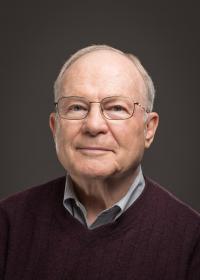
Dr. King K. Holmes
1963-present
World-renowned expert on HIV/AIDS and other sexually transmitted diseases for more than 50 years; founding chair of the UW Dept. of Global Health; founded the Sexually Transmitted Disease Clinic at Harborview, Center for AIDS and STDs at the UW and Center for AIDS Research.
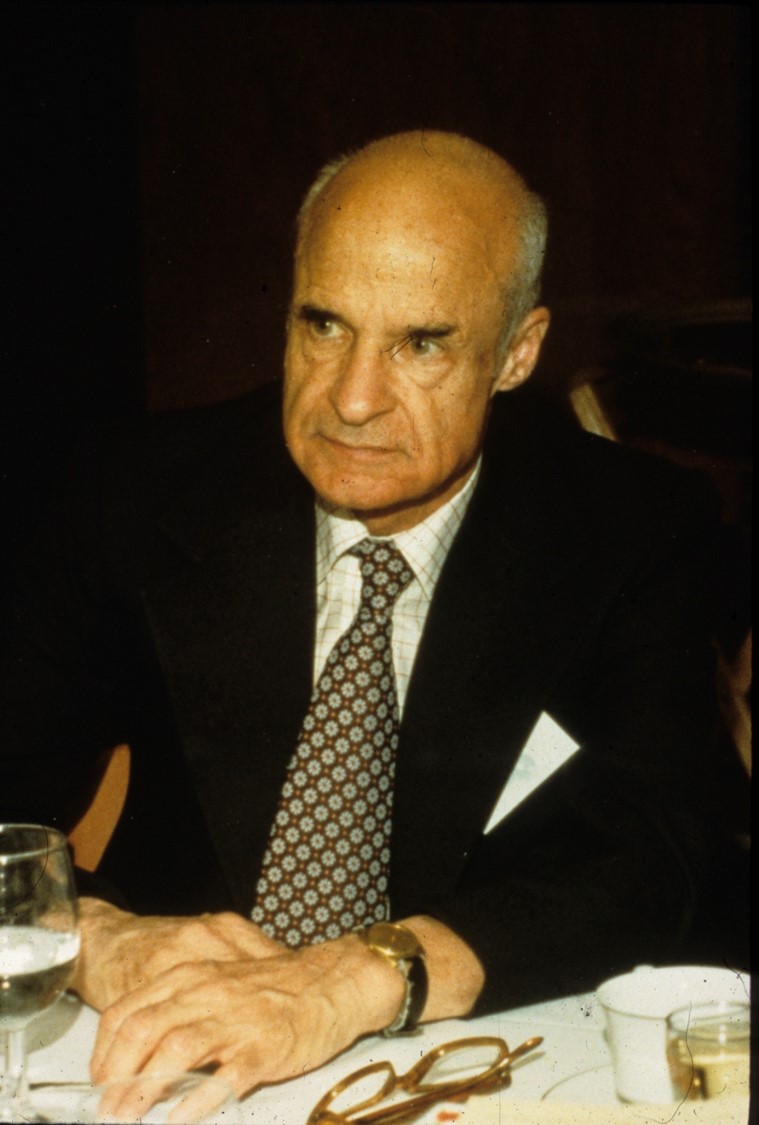
Dr. William Kirby
1949-1985
Pioneer in infectious diseases; distinguished teacher and researcher; contributed to some of the earliest studies of penicillin; notably invented the disk diffusion test for antibiotic susceptibilities for various infections.
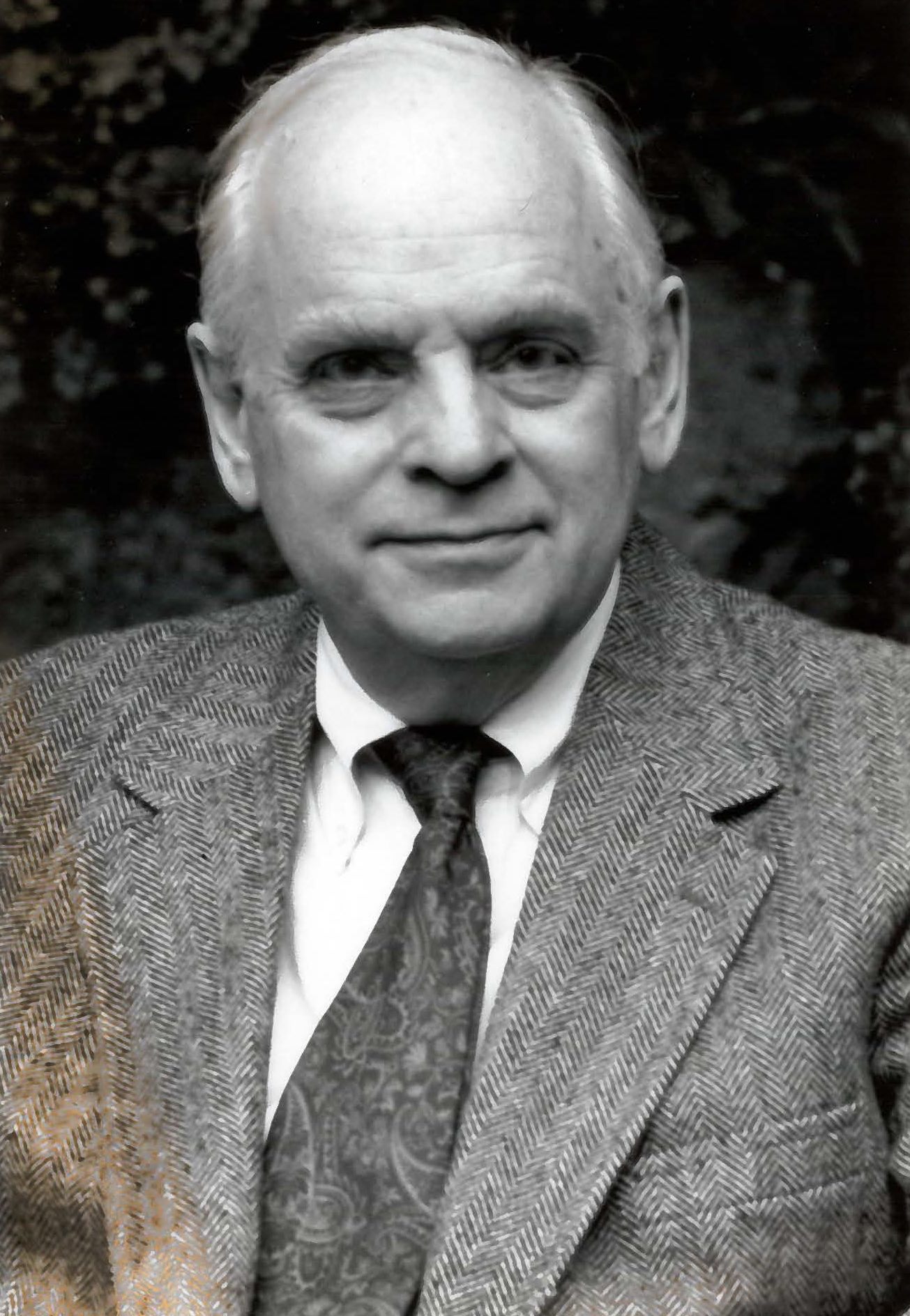
Dr. Seymour Klebanoff
| Klebanoff, Seymour |
1962-2012
Distinguished researcher and physician, led the discovery of how white blood cells kill bacteria in the 1960s, AID Division Head from 1976 to 1994, and longtime leader of two medical scientist training programs.
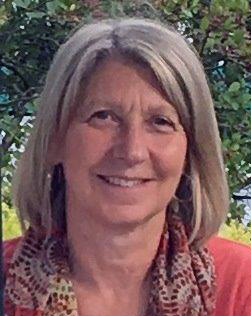
Dr. Sheila Lukehart
1980-present
Distinguished researcher focusing on immune responses and pathogenesis of syphilis; Director of the UW STD & AIDS Research Training Program; Associate Dean for Research and Graduate Education in the School of Medicine.
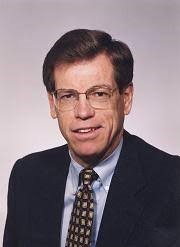
Dr. Walter Stamm
1976-2009
Pioneer in urinary-tract, nosocomial (hospital-acquired), and sexually transmitted infections (STI) research; revolutionized the diagnosis and treatment of chlamydia; AID Division Head from 1994 to 2007.
Cardiology
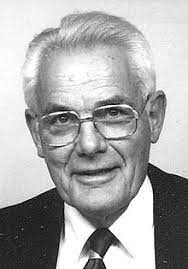
Dr. Robert Bruce
1950-1981
The first Director of Cardiology at the University of Washington in Seattle in 1950, he continued as Director for more than 30 years. Developed the “Bruce Protocol,” the standardized treadmill test for evaluating heart and lung disease.
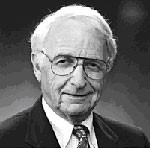
Dr. Leonard Cobb
1957-2023
Founder of the Seattle Medic One program in 1970 to deliver medical care by emergency medical responders in the field, resulting in the model for emergency care services throughout the world and CPR training for millions.
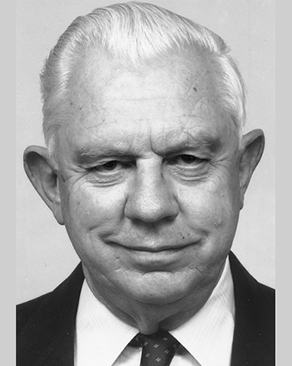
Dr. Harold Dodge
1957-1991
Together with Dr. Ward Kennedy, studied the properties of the left ventricle including mass and blood pumping ability; pioneer at harnessing computers to imaging technology to better understand how the heart functions; developed the "ejection fraction" test.
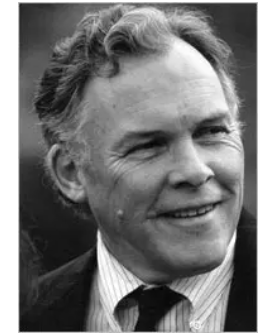
Dr. Ward Kennedy
1966-1997
Defined the ejection fraction of the left ventricle, predictive of cardiac productivity; helped evaluate streptokinase, a clot-busting drug widely used to prevent heart attacks; Cardiology Division Head from 1982-1997.
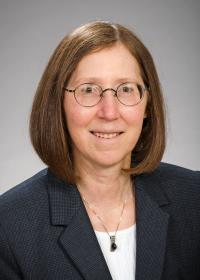
Dr. Catherine Otto
1982-present
International expert in the diagnosis and management of heart valve disease, Marfan syndrome, and other inherited structural heart conditions; developed and leads comprehensive valve disease program at UW; led the cardiology fellowship program for 20 years; trailblazer and advocate for women in cardiology.
Dermatology
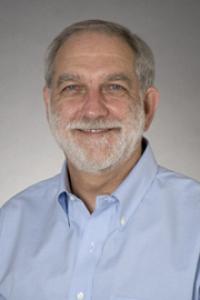
Dr. Phil Fleckman
1980-present
Known for characterizing the pathophysiology of ichthyosis vulgaris and a figurehead at the VA Puget Sound, a champion and advocate for veterans and their families for many years.
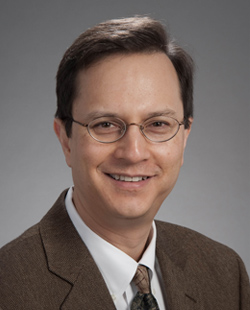
Dr. Paul Nghiem
2006-present
Current Head of the Division of Dermatology and international expert in Merkel cell carcinoma, leading a team that specializes in clinical care and innovative research toward detection and treatment of the rare disease.
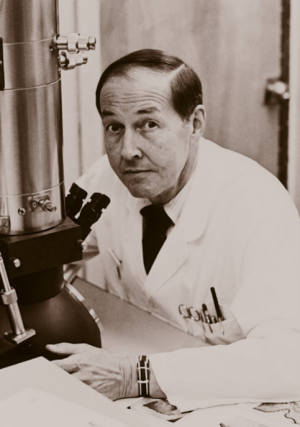
Dr. George Odland
1961-1988
First long-term head of the Division of Dermatology, who led the division from 1961-1988, first described the lamellar granule of the epidermis (Odland body) in 1962.
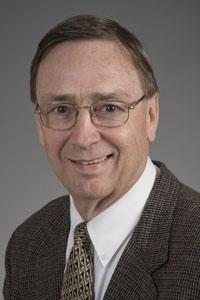
Dr. John Olerud
1971-2021
First holder of the George F. Odland Chair in Dermatology; Division Head from 1989-2014; Under his direction, the division experienced markedly improved recruitment and retention of faculty, increased research interactions and new grant support, and increased funding of chairs and professorships for education and research; a celebrated educator throughout his career.
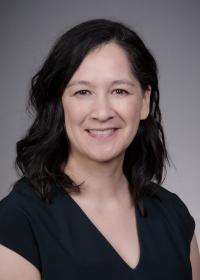
Dr. Michi Shinohara
1996-present
First Associate Chief of Dermatology; first woman Director of Dermatopathology; Director of Dermatopathology Fellowship Training Program; Co-Director, Cutaneous Lymphoma Clinic at Fred Hutch Cancer Center; Director of Inpatient Consultative Dermatology at UWMC; champion for equity, diversity, and inclusion efforts; national leader in multiple areas of medical dermatology.
Education Programs
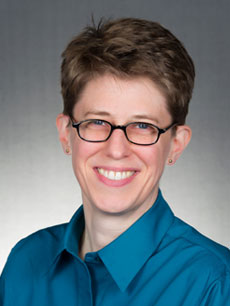
Dr. Melissa (Moe) Hagman
1999-present
Chief Resident, Associate Program Director for Curriculum, IM Residency Program; Associate Program Director, 2011-2016 and Program Director, 2016-present, Boise Internal Medicine Residency Program; recipient of the 2022 Laureate Award by the Idaho American College of Physicians.
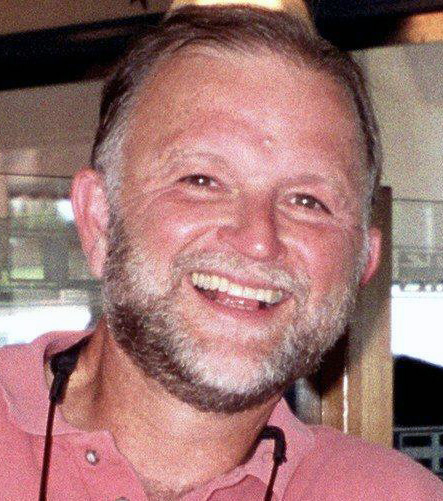
Dr. David Hindson
1976-2010
Recognized by physicians region-wide as a teacher, mentor, and colleague. Dr. Hindson's tireless dedication to patients, trainees, and the Boise VA hospital inspired three decades of physicians.
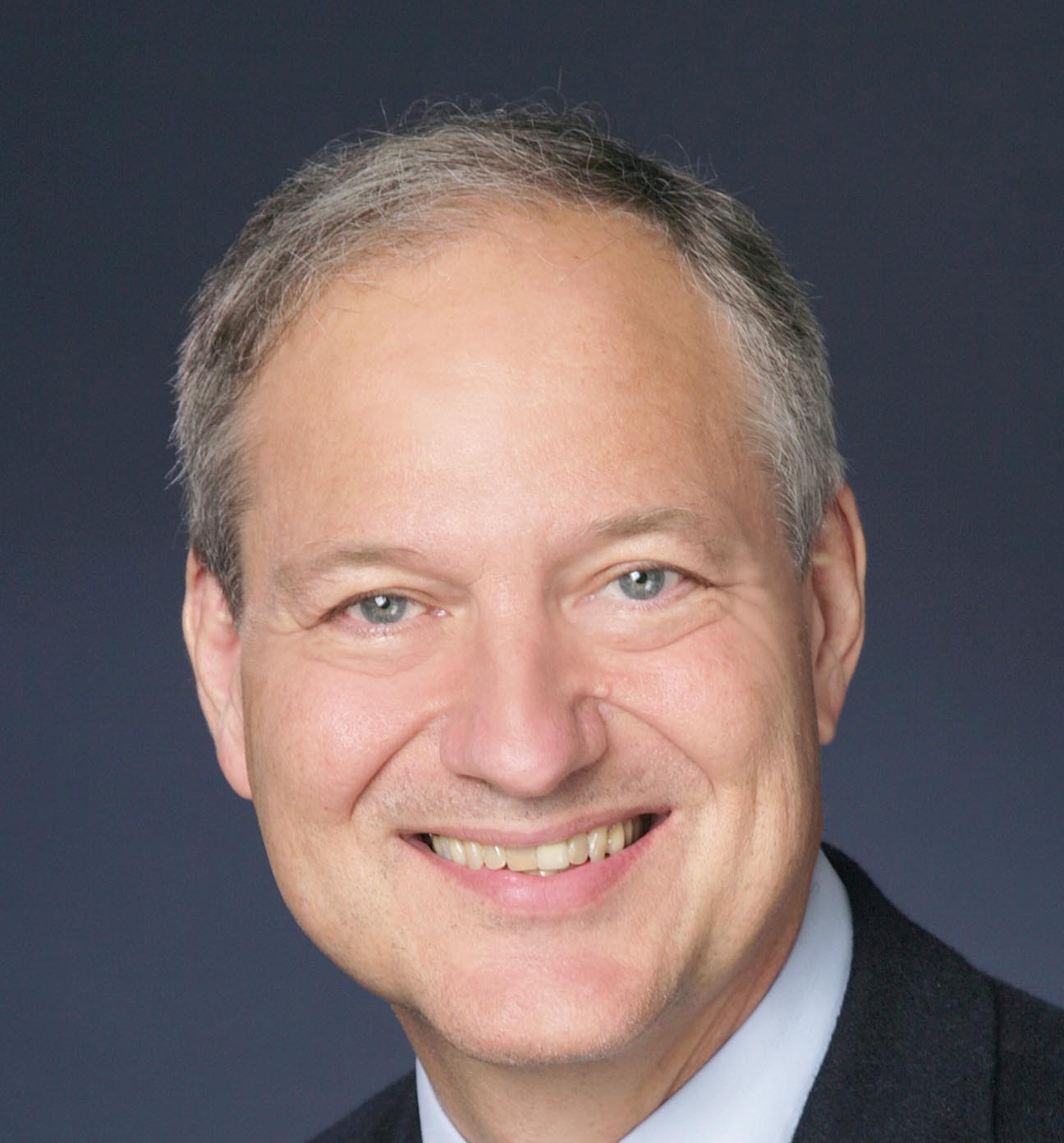
Dr. Douglas Paauw
1988-present
Celebrated mentor and advocate of students and trainees; Director of the Medical Student Program for the department of medicine from 1992-2021, expanding the footprint of the program throughout the WWAMI region.
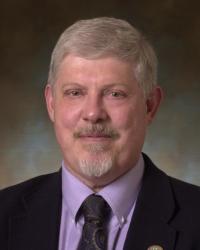
Dr. C. Scott Smith
1987-present
Innovator in ambulatory medical education with a national impact on clinical care structure and educational approaches; Co-created an integrated curriculum for 2nd-year residents at the Boise VA and participated in the creation of the School of Medicine Colleges system.
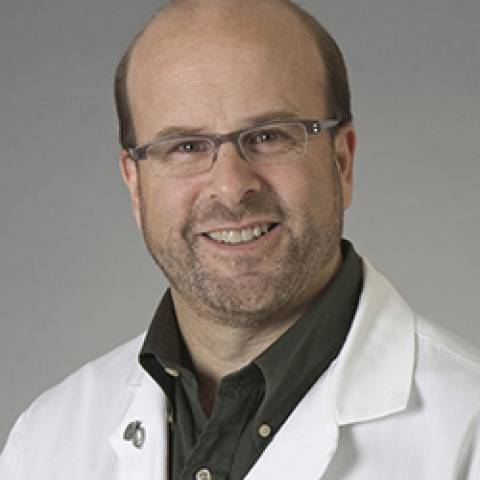
Dr. Kenneth Steinberg
1989-present
Program Director, Internal Medicine Residency Program, 2007-present. Known for his warmth and compassion; has championed innovation in residency curriculum and enhanced healthcare experiences in underserved communities.
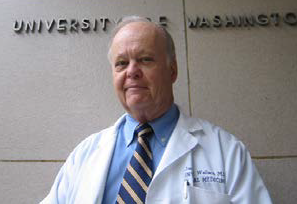
Dr. Findlay Wallace
1982-present
Major roles in advancing training in primary care internal medicine, including: Founding head of the Division of Ambulatory Medicine, 1970-1986 and Program Director, Internal Medicine Residency Program 1977-2007.
Gastroenterology
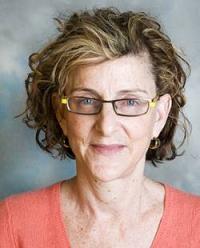
Dr. Teresa Brentnall
1991-present
Discovered the Palladin gene, a hereditary link to pancreatic cancer; co-director of the SCCA Pancreatic Cancer Surveillance Program where she established care pathways for hereditary pancreatic cancer, including screening and cancer prevention.
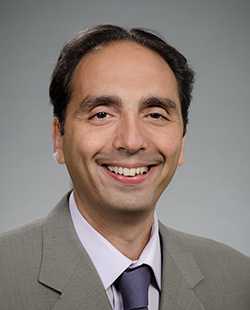
Dr. George Ioannou
2000-present
Director of Hepatology at the VA; Mentors many fellows as part of the Resident Advising and Mentoring Program (RAMP); specializes in hepatitis C, non-alcoholic fatty liver disease, iron deficiency, and iron overload; leader in the American Association for the Study of Liver Diseases.
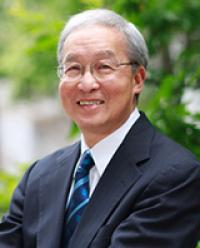
Dr. Sum Lee
1985-present
Former Gastroenterology Division Head, 1995-2008. Built the GI division to its current status, structure, and size; mentored the faculty that went on to leadership positions within the division and beyond; began institutions such as the PNWGI Society and the GI Pathology Laboratory.
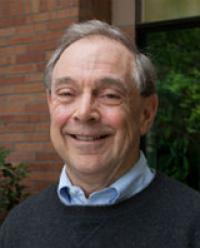
Dr. Brian Reid
1983-present
Founder and Director of the Seattle Barrett's Esophagus Study, a world expert in Barrett's esophagus and molecular genetics in cancer and clonal evolution in cancer.
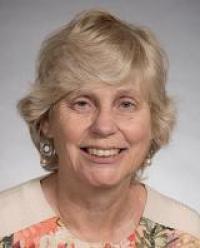
Dr. Christina Surawicz
1976-present
The first woman president of the American College of Gastroenterology; an extensive scholar on colon cancer and a steadfast advocate for gender equity in medicine.
General Internal Medicine
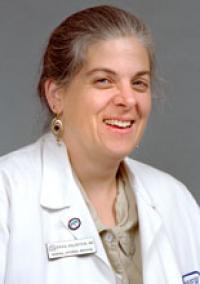
Dr. Erika Goldstein
1981-2018
Founded the Southeast Asian Refugee Clinic (now International Medicine Clinic) at Harborview; nationally revered educator, receiving virtually every major teaching award; founding director and associate dean of the UW School of Medicine Colleges System.
| As a clinician, Goldstein founded the Southeast Asian Refugee Clinic (now the International Medicine Clinic) at Harborview Medical Center and cared for thousands of patients at Harborview, primarily in the Adult Medicine Clinic and on the medicine inpatient service. A nationally revered and recognized educator, Goldstein received virtually every major teaching award for her contributions to medical education, her national role in setting new educational standards and her influence as a mentor. She was the founding director and subsequently associate dean of the UW School of Medicine Colleges System. |
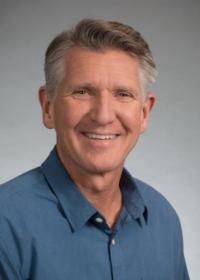
Dr. Carey Jackson
1990-2022
Researcher and clinician focusing on health disparities among immigrant and refugee communities, including tuberculosis, hepatitis B, and cervical cancer. Founder and director of the UW International Medicine Clinic.
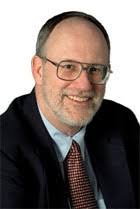
Dr. Bruce Psaty
1986-present
Prolific epidemiologic researcher; Emeritus Co-Director of the Cardiovascular Health Research Unit (CHRU); principal investigator on several large epidemiologic studies including the Cardiovascular Health Study (CHS), the Multi-Ethnic Study of Atherosclerosis (MESA), and the Trans-Omics for Precision Medicine (TOPMed) Program.
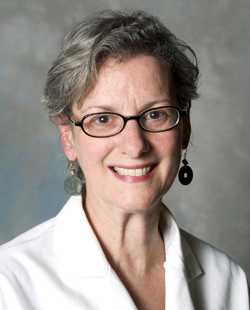
Dr. Nancy Sugg
1986-present
Pioneer of General Internal Medicine's clinical and programmatic activities; leader of several clinics and advocate for many innovative approaches to improve health for vulnerable persons: often those with homelessness, mental illness, and/or addiction.
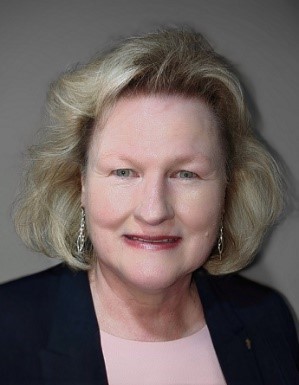
Dr. Joyce Wipf
1987-present
At the forefront of nationally recognized innovations in medical education and clinical activities, including the Resident as Teacher course in 1992 and the Seattle VA Center of Excellence in Primary Care Education. Associate Program Director, Internal Medicine Residency Program, 1994-2007.
Gerontology and Geriatric Medicine
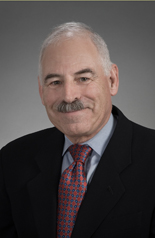
Dr. Itamar Abrass
1984-present
Former Division Head, Gerontology and Geriatric Medicine from 1984 to 2010, Acting Chief of Medicine at Harborview Medical Center from 1998-2002.
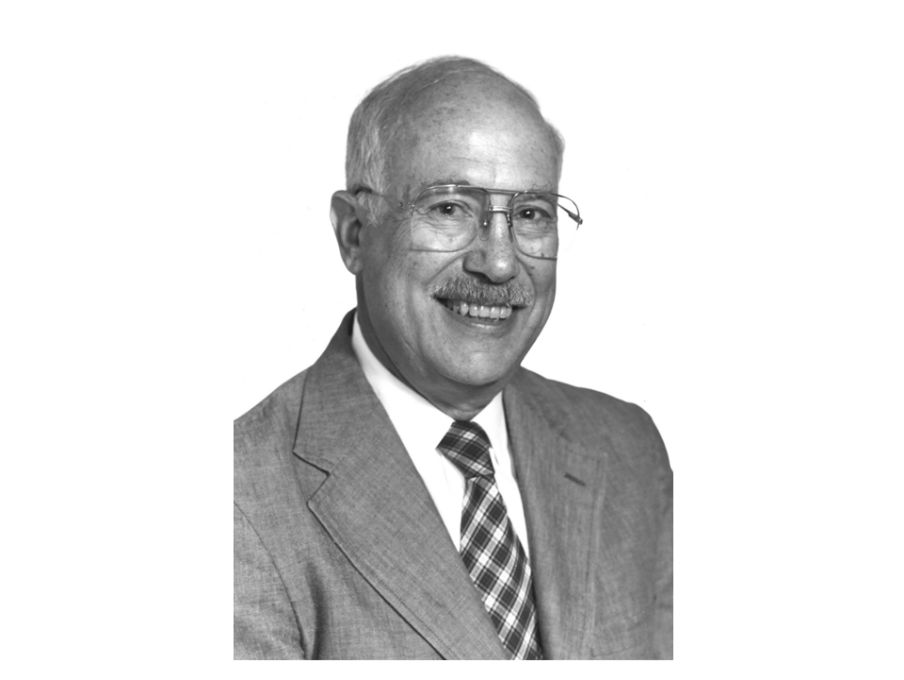
Dr. Edwin Bierman
1962-1994
First director of the UW Northwest Lipid Research Clinic; well-known expert in atherosclerosis, his research led to a finding that linked premature heart attacks to genes that abnormally increase levels of serum fat and cholesterol; founded the Journal of Arteriosclerosis, Thrombosis, and Vascular Biology.
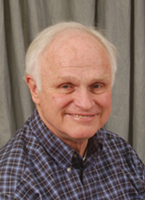
Dr. William Hazzard
1965-1982, 1999-present
A founding father of geriatric medicine in the U.S. and the founding Head of the UW Division of Gerontology and Geriatric Medicine in 1978. Among the first U.S. physicians to transition to geriatrics from another medical specialty.
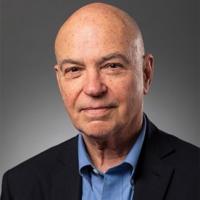
Dr. James LoGerfo
1974-present
Former School of Medicine Associate Dean and Medical Director of Harborview Medical Center from 1988-1999. Former director of the CDC-funded UW Health Promotion Research Center and served as the principal investigator of the lead center for the CDC's Healthy Aging Network for seven years.
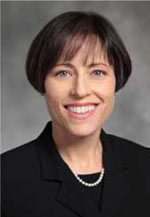
Dr. Elizabeth Phelan
1998-present
Founding Director of the Fall Prevention Clinic at Harborview Medical Center, in continuous operation since 2005; Project Director for the Northwest Geriatrics Workforce Enhancement Center.
Hematology
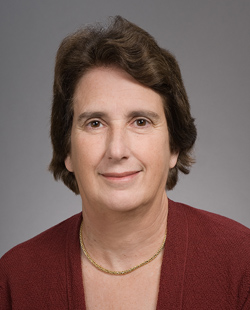
Dr. Jan Abkowitz
1980-present
Hematology Division Head since 2006; a leader in hematology research known for defining the kinetics of hematopoietic stem cells (HSCs) providing insights into normal hematopoiesis, the pathophysiology of aplastic anemia, and the clonal evolution of myeloproliferative neoplasms and leukemia. Helped define the role for systems-based hematologists within accountable care organizations.
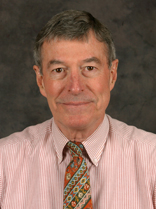
Dr. John Adamson
1962-1967, 1969-1989
Hematology Division Head 1981-1989; a leader in the national hematology field. Research in erythropoietin, described its physiology as the driver of red cell production and its importance in treating anemia and identified Polycythemia vera as a disorder of hematopoietic stem cell origin.
| 1981-1989 |
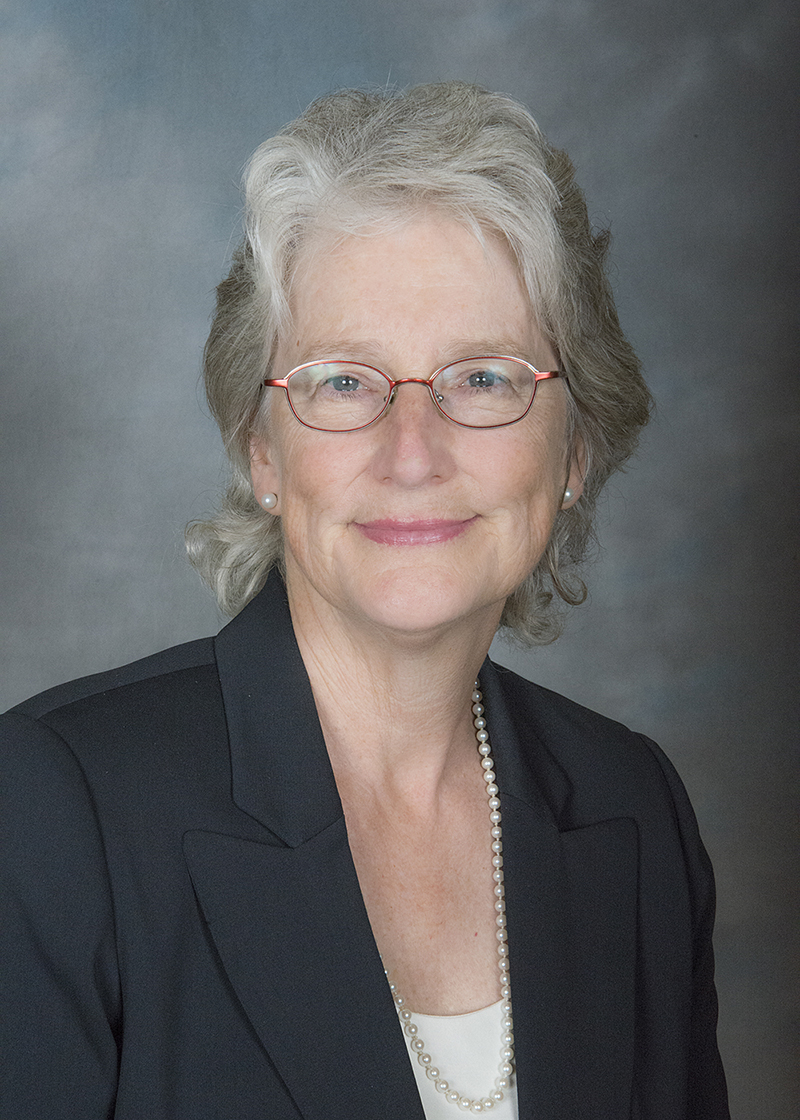
Dr. Virginia Broudy
1985-present
Exemplary leader honored with Thorud Leadership award, the highest leadership honor at the University of Washington. Leadership roles include Vice Chair and Harborview Chief of Medicine, 2002-2018; Acting Hematology Division Head, 2004-2006; and Interim Chair of the Department of Medicine, 2018-2019. Also awarded the Beeson and Turck awards for excellence in clinical care and teaching.
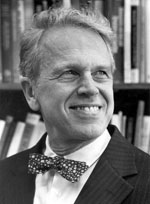
Dr. Clement Finch
1949-2009
Founding Head of the Division of Hematology and served from 1949-1981; Prolific researcher on iron metabolization in the bloodstream, informing diagnoses and treatment of anemia and global guidelines for nutritional iron intake.
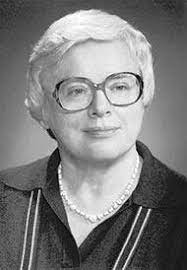
Dr. Eloise Giblett
1951-1987
Discovered the first recognized immunodeficiency disease, adenosine deaminase deficiency, linked hematology and transfusion medicine as disciplines and is an Elected Member of the National Academy of Science.
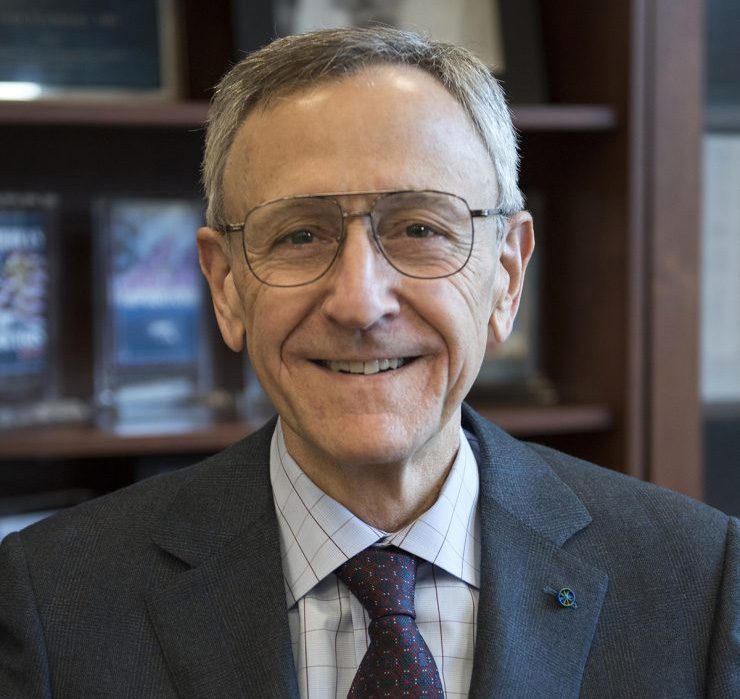
Dr. Kenneth Kaushansky
1979-2002
Cloned GM-CSF, the substance that helps make more white blood cells, especially granulocytes, macrophages, and cells that become platelets; Cloned thrombopoietin (Tpo) and defined its physiology in platelet production and hematopoietic stem cell maintenance.
Medical Genetics
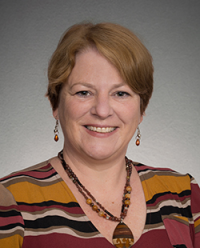
Dr. Robin Bennett
1984-present
First Genetic Counselor to be named DOM faculty in 2008, having served as a genetic counselor for 35 years; co-founded the new genetic counseling graduate program in 2021. Nationally known for her work in pedigree nomenclature, consanguinity, presymptomatic testing for neurogenetic disorders, recurrent miscarriage, fragile X syndrome, Fabry disease, and cancer genetics.
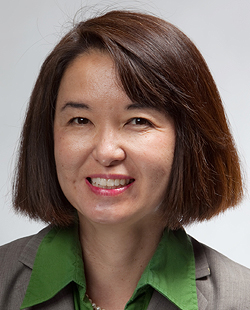
Dr. Fuki Hisama
2009-present
Neurogeneticist and nationally known expert in autism; co-chair for the first workgroup of evidence-based guidelines on the clinical use of exome and genome sequencing for pediatric birth defects or neurological developmental disabilities; Medical Director of the largest medical genetics clinic in the United States; Program Director, Medical Genetics Residency Program; Local and national leader in diversity initiatives.
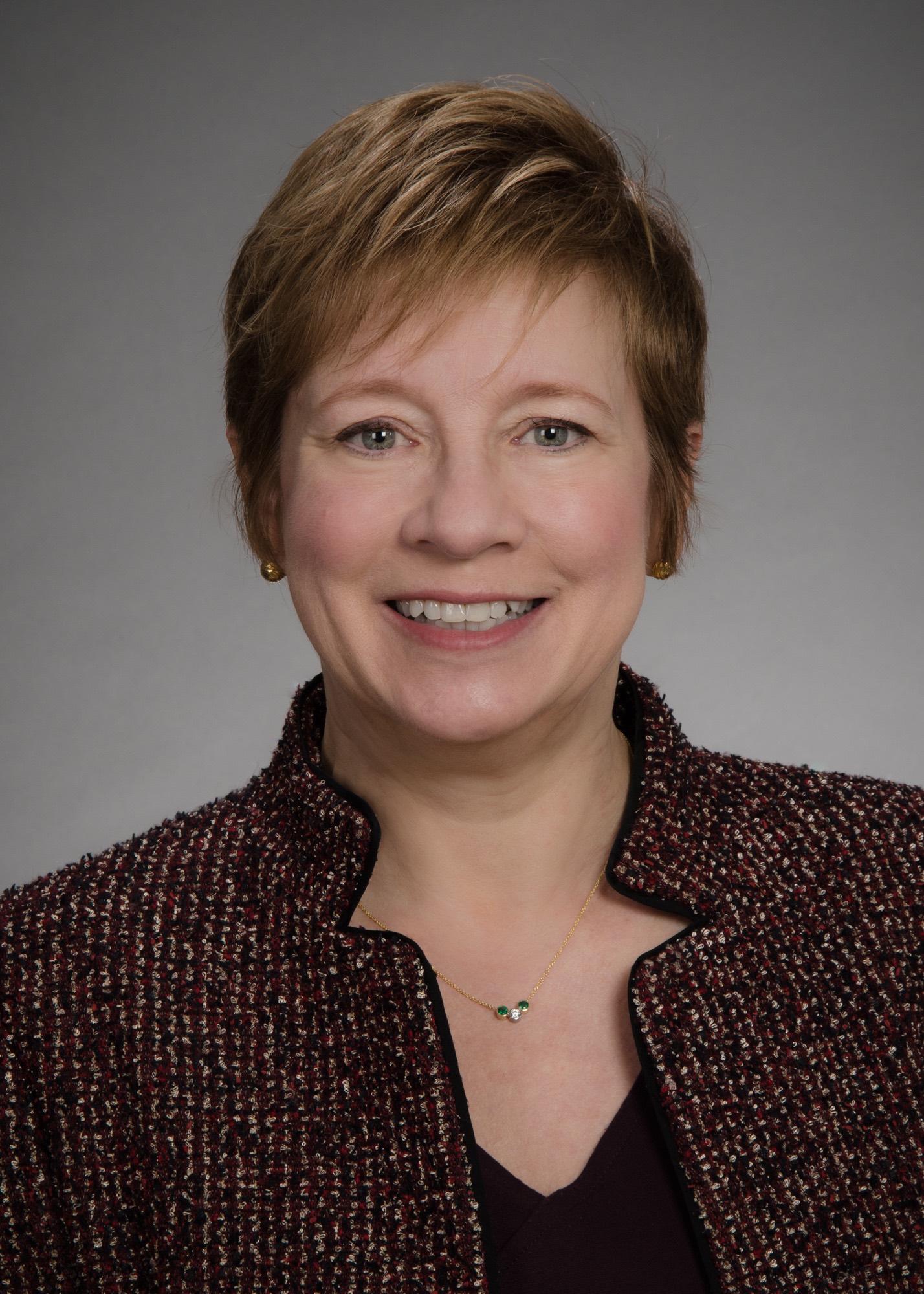
Dr. Gail Jarvik
| Jarvik, Gail |
1995-present
Influential Division Head since 2007; impactful principal recognized investigator in many large NIH consortia, including the Undiagnosed Disease Network, the eMERGE and CSER consortia, and the national All of Us Precision Medicine Program.
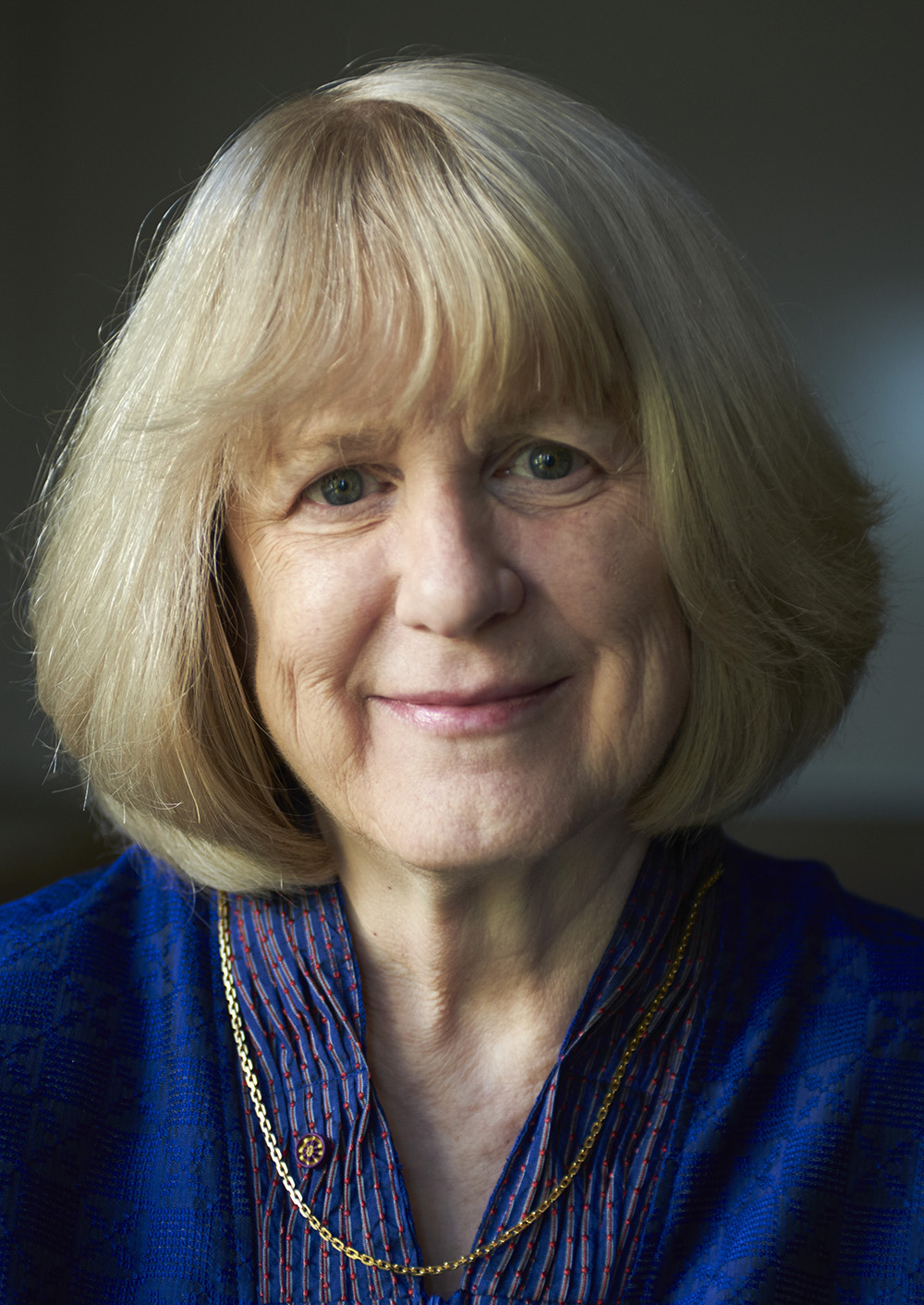
Dr. Mary-Claire King
1995-present
Internationally recognized genetics researcher, having worked on the human genome diversity project, the development of a now widely used method to identify familial relationships based on mitochondrial DNA from teeth, and identifying the genes associated with a high risk of breast cancer, ovarian and other risks. Since her arrival at UW, she has subsequently identified genetic variation associated with numerous genetic disorders, particularly cancer and hearing loss.
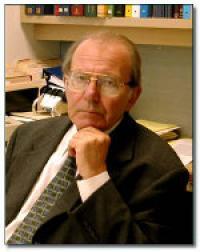
Dr. George Stamatoyannopoulos
1964-2018
Division Head from 1989-2005, pioneering researcher of blood diseases whose discoveries and theories ushered in modern gene and cell therapies; founder of the Markey Center, an innovator in the treatment of genetic disorders, and a founder of the American Society of Gene and Cell Therapy in 1996.
Metabolism, Endocrinology and Nutrition
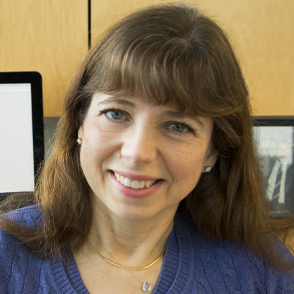
Dr. Karin Bornfeldt
1991-present
Associate Director of the Diabetes and Obesity Center of Excellence and Deputy Director of the Diabetes Research Center. Holder of the Edwin L. Bierman Professorship.
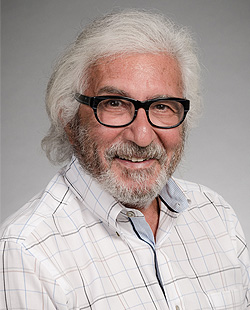
Dr. Alan Chait
1975-present
Head of the Division of Metabolism, Endocrinology and Nutrition from 1996-2016. Directed the UW’s Clinical Nutrition Research Unit from 1992-2012.
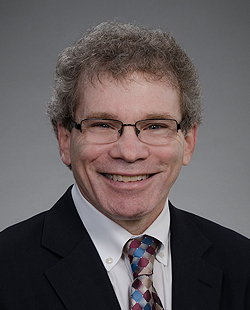
Dr. Irl Hirsch
1990-present
Medical Director, Diabetes Care Center, and Diabetes Treatment and Teaching Chair. He has dedicated his career to the treatment and management of diabetes.
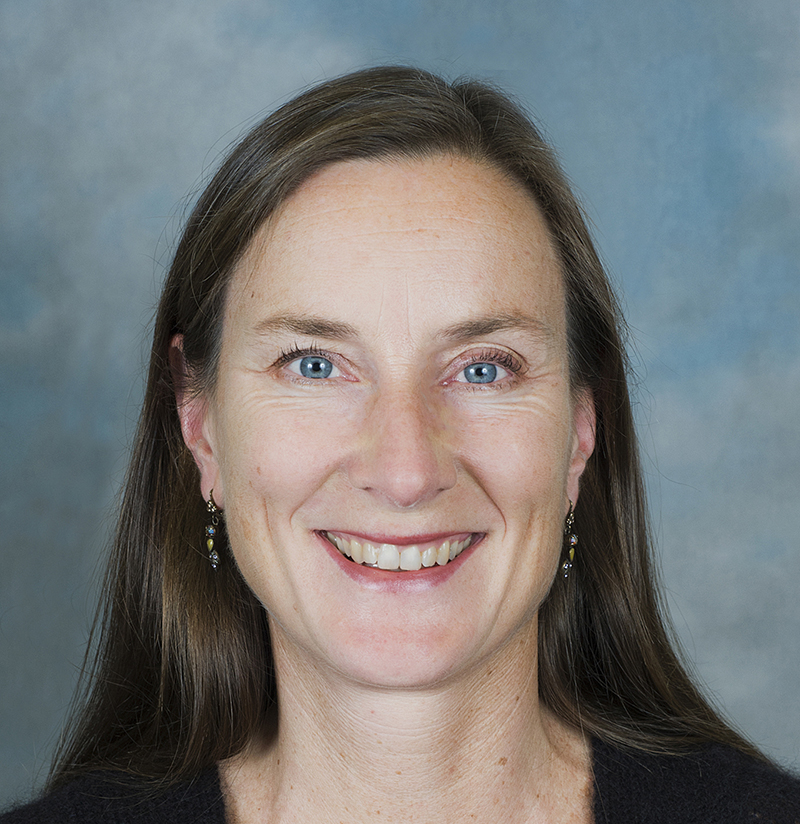
Dr. Stephanie Page
1999-present
Division Head since 2017; Co-Director, UW Medicine Diabetes Institute; Associate Fellowship Program Director; leads a large clinical research program focused on male reproduction and the development of an effective and reversible male hormonal contraceptive.
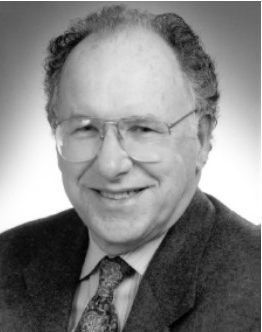
Dr. Daniel Porte
1963-present
Director of Research and Development for Seattle VA, 1971-99, directed UW Diabetes Endocrinology Research Center, 1977-96; notable researcher in the role of defective insulin secretion and action in obesity and Type 2 Diabetes; influential mentor to many physicians including Drs. Steven Kahn and Michael Schwartz.
Nephrology
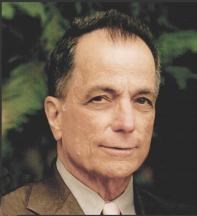
Dr. William Patrick "Pat" Fleet
1967-2013
A beloved faculty member at Harborview Medical Center for over 40 years who received many honors and awards for his outstanding teaching, his humanity, and his exceptional care of patients. He loved his work and was an inspiration and role model to many in their practice of medicine.
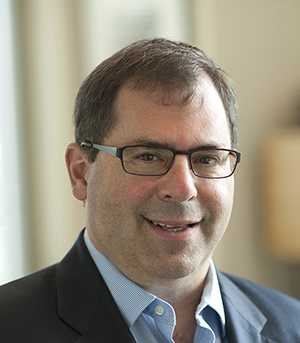
Dr. Jonathan Himmelfarb
2008-2022
Founding director of the Kidney Research Institute, overseeing tremendous growth in research, collaboration, and patient outreach; Co-Director of the Center for Dialysis Innovation, leading research toward developing a wearable hemodialysis machine.

Joyce Jackson, MS, MHA
1998-2019
Instrumental in the inception of the Kidney Research Institute and current Emeritus CEO of Northwest Kidney Centers (NKC). Over her 21-year tenure at the NKC, she has significantly expanded the clinical footprint from eight to twenty outpatient dialysis clinics.
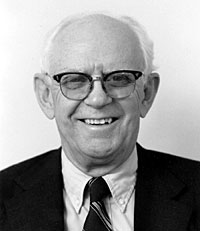
Dr. Belding Scribner
1951-2003
Inventor of the Teflon Scribner Shunt with his research team in 1960 for which he received the Albert Lasker Award for Clinical Medical Research in 2002; he was also a deeply passionate physician who cared for patients and served as Division Head from 1958 through 1982.
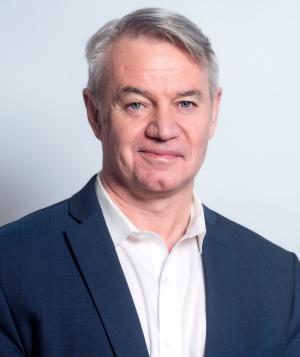
Dr. Stuart Shankland
1995-present
Division Head from 2004 – 2020 and prolific researcher of kidney glomerulus in health, aging, and disease. Along with Joyce Jackson, he was instrumental in key recruitments and collaborations with the Northwest Kidney Centers.
Oncology, Medical
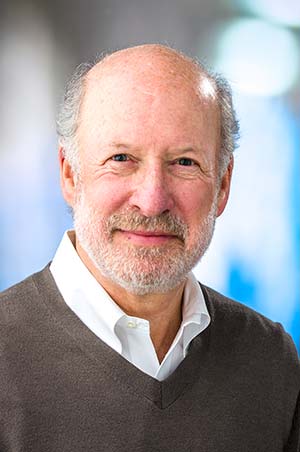
Dr. Fred Appelbaum
1978-present
Executive Vice President, Fred Hutch Cancer Center; founding President and CEO of Seattle Cancer Care Alliance; Head of the Division of Medical Oncology, 1998-2013. World expert in research and treatment of blood cancers. Among his extensive research and clinical trials, he was the first to describe the successful use of autologous bone marrow transplantation.
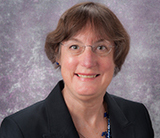
Dr. Nancy Davidson
2016-present
Current Head, Division of Medical Oncology. President and Executive Director of Fred Hutch. A world-renowned breast cancer researcher; notably characterized the role of hormones, particularly estrogen, on gene expression and cell growth in breast cancer and leads many projects and trials to develop and improve breast cancer therapies.
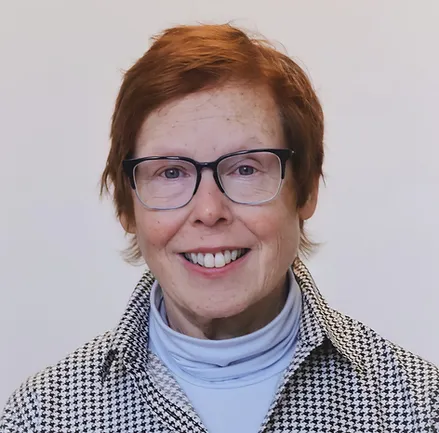
Dr. Mary L. (Nora) Disis
1990-present
Expert in the immunology and immunotherapy of breast and ovarian cancers. One of the investigators who discovered that the molecule HER-2/neu is a tumor-specific marker, or antigen. Known as the "Mother of Cancer Vaccines." Principal Investigator of the Institute of Translational Health Sciences, Associate Dean for Translational Health Sciences, Director of Cancer Vaccine Institute.
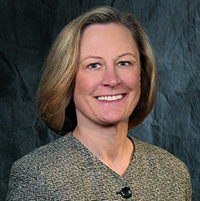
Dr. Julie Gralow
1992-present
Renowned breast cancer researcher; director of Breast Medical Oncology at SCCA; National leader in various professional organizations including as Chief Medical Officer at the American Society of Clinical Oncology and founder of the Women’s Empowerment Cancer Advocacy Network (WE CAN).
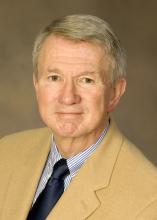
Dr. Robert Livingston
1982-2006
A pioneer in chemoradiation- among many innovations, he introduced the use of concurrent chemotherapy and radiation for limited small cell lung cancer and for stage III non-small cell lung cancer; helped develop multi-disciplinary cancer care; Division Head of Medical Oncology from 1986-1998.
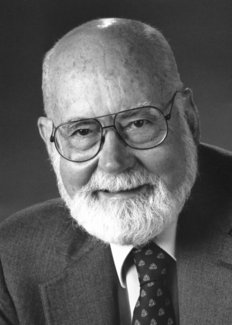
Dr. E. Donnall Thomas
1963-1990
Founding Head of the Division of Medical Oncology and served from 1963-1986. Awarded the Nobel Prize in Medicine in 1990 for the development of bone marrow transplantation as a treatment for leukemia and other hematologic malignancies, among over 35 other major honors and awards.
Pulmonary, Critical Care and Sleep Medicine
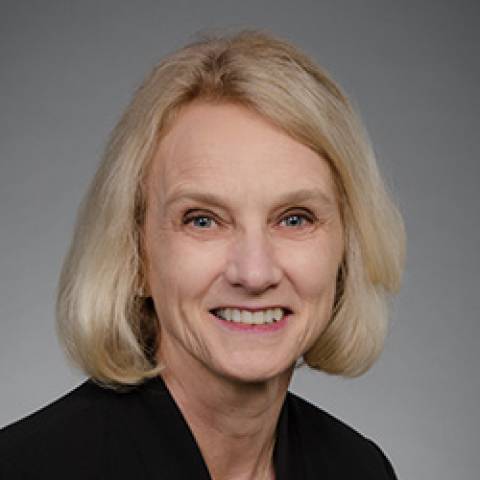
Dr. Moira Aitken
1982-present
Pioneer and national leader in the field of adult cystic fibrosis medicine; Director of the UW Cystic Fibrosis Program since 2002; advocate for women's health; dedicated mentor and teacher.
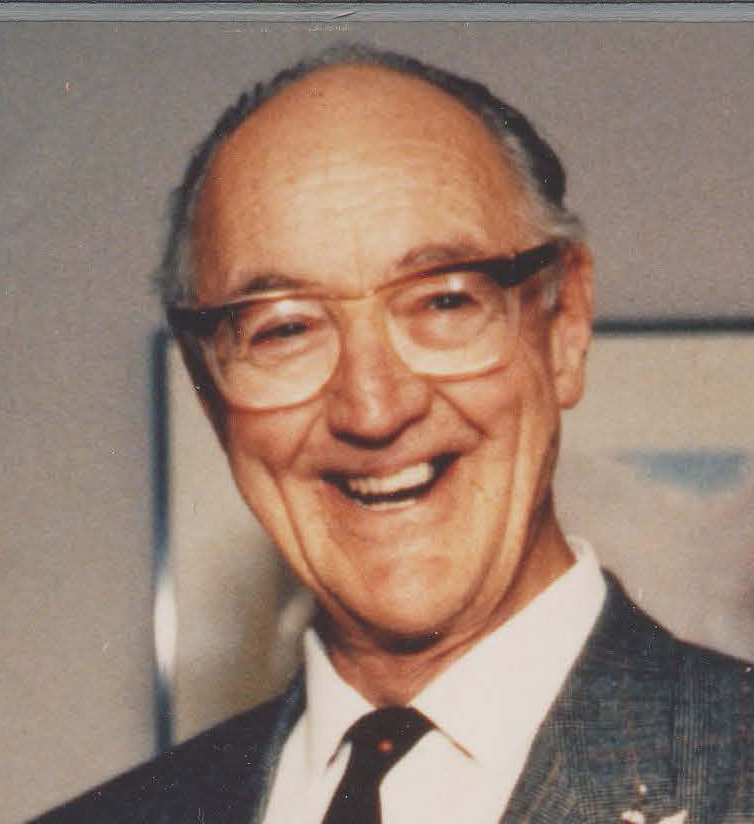
Dr. John Butler
1965-1992
Founded the Division of Respiratory Diseases in 1965 and was division head until 1985. Under his leadership, the division grew from one member to 28 faculty and 52 staff.
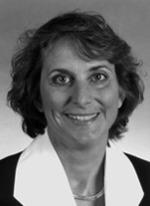
Dr. Joan Clark
1984-2014
Served as Medical Director of the Pulmonary Function Lab, researching lung function after transplantation, particularly occurring from graft-vs-host disease; FHCRC Section Head, Pulmonary and Critical Care Medicine, 1984-2013.
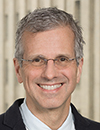
Dr. J. Randall Curtis
1988-present
Director of the Cambia Palliative Care Center of Excellence and an expert in end-of-life care; esteemed clinician, researcher, educator, and mentor. Recipient of countless honors and awards; the J. Randall Curtis Fund for Compassion and Humanism in Medicine was created by the American Thoracic Society to honor and celebrate his research and mentorship legacy.
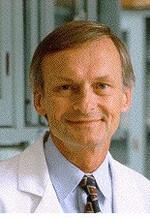
Dr. Thomas Martin
1973-present
Director of the Pulmonary Research Training Program, 1993-2000; Chief of Medicine, Director of the Primary and Specialty Medicine Service Line at VA Puget Sound Health Care System and Vice Chair of the Department of Medicine, 2000-2013.
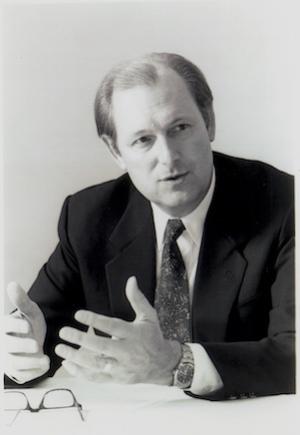
Dr. David Pierson
1976-2011
Quintessential educator and mentor within the division for more than 35 years. With Dr. Len Hudson and colleagues in Denver, CO, described acute respiratory distress syndrome (ARDS) and treatment using positive airway pressure. Medical Director, Respiratory Care, Harborview Medical Center; Fellowship Program Director; Director of Clinical Education.
Rheumatology
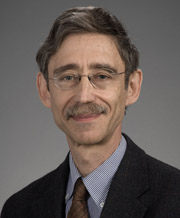
Dr. Keith Elkon
2001-present
As Division Head from 2001 to 2021, he tripled the size of the Division, recruited research faculty, and shaped the fellowship program and clinical trials enterprise; internationally respected lupus researcher, providing numerous to our understanding of lupus since the 1980s.

Dr. Greg Gardner
1989-present
Rheumatology Fellowship program director from 1989-2015; a clinical ‘Titan,’ extensively involved in the rheumatology care of several Northwest Native American tribes.
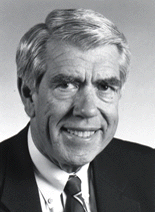
Dr. Bruce Gilliland
1960-1963, 1968-2005
Rheumatologist and academic leader who made major contributions to clinical care and education in the Seattle and WWAMI area; Served as acting Dean of the School of Medicine in the early 1980s and is the namesake of an endowed professorship, an immunology course, and a department of medicine teaching award.
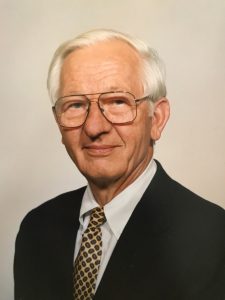
Dr. Mart Mannik
1967-2001
Division Head from 1967-2001, expanded the Division from 2 to 12 faculty; Made impactful research contributions on the role of immune complexes in rheumatological conditions. Mannik discovered anti-C1q autoantibodies and association with lupus nephritis (with Mark Wener).
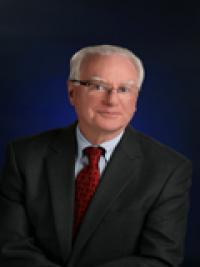
Dr. Gordon Starkebaum
1970-present
A rheumatology clinical ‘Titan’, he served as Section Head at VA Puget Sound from 1977 to 2013, and made numerous contributions to immune cell-directed autoantibodies.




